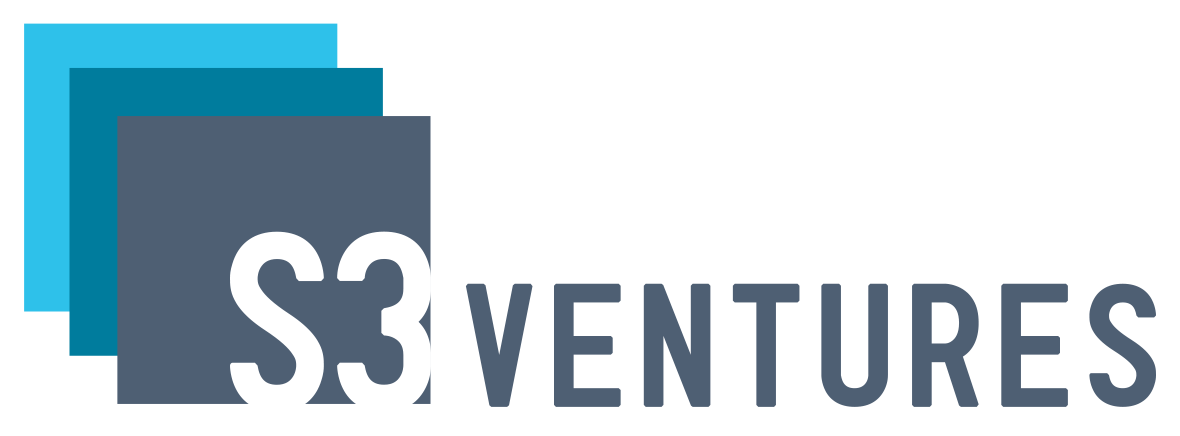Dr. Yael Katz, Ph.D.
CEO & Co-Founder
BrainCheck
GET TO KNOW YAEL...
Hometown:
New York, NY | Currently resides in Houston, TX
Alma Mater:
University of Pennsylvania, Northwestern University, and Princeton University
Hobbies:
I love endurance sports and anything involving mountains
Q: What was your very first job?
A: I taught swimming lessons as a teen, and my value proposition was “guaranteed to teach your kid to swim or your money back.” That job eventually led me to start a summer camp. I rented a building, recruited employees, and distributed flyers for marketing. It was ultimately a big enterprise with several hundred campers and 25 people working for me. That business helped me pay for college.
Q: What inspired you to start BrainCheck?
A: I’ve always been an entrepreneurial person and knew I wanted to start something. As a computational and experimental neuroscientist, I was looking for a problem that I could uniquely contribute to solving. New research showed that cognitive decline could be prevented and slowed with early detection and management of symptoms. This was very exciting for me, so I started down the path of exploring this business thesis. I was fortunate to connect with Dr. David Eagleman, a neuroscientist at Baylor College of Medicine. Together in 2015, we started the company in 2015 with the goal of finding ways to diagnose and treat cognitive decline — and ultimately help prevent dementia and other cognitive impairments.
Q: What problem is your company trying to solve?
A: Cognitive impairment is extremely common and affects millions of people, but it is rarely diagnosed. The biggest obstacle to diagnose is that it generally requires referral to a neurologist or a subspecialist called a neuropsychologist, and there are only a few thousand of those in the country. BrainCheck provides a platform that enables primary care doctors to rapidly and reliably perform cognitive assessment and intervention at the point of care (in office or remotely) as opposed to waiting for the referral pathway to play out. They can manage straightforward cases (the majority) themselves and refer complex cases to specialists, making the most of these scarce resources. Diagnosing and addressing problems sooner provides massive clinical benefit and relief to patients and families, provides financial benefit to doctors and health systems, and saves literally trillions in healthcare costs.
Q: Tell me about your funding journey and how your company is looking to grow into the next five years.
A: We launched in Houston — home of the Texas Medical Center — so it was a great place to network and share our business proposition within the medical community. We met a lot of awesome people who were willing to take a gamble and invest in us at the idea stage. We raised $3 million from angel investors — including an eclectic and interesting group of individuals — many of whom were physicians who saw what this could become and weren’t the stereotypical startup investor. Some of my neighbors wrote the first checks. This helped us launch the company and build and validate the product before we ultimately raised Series A and B rounds from VC firms and strategic investors.
To date, we have raised about $20 million. In the next five years, we aim to be in every doctor’s office, making BrainCheck the standard of cognitive care.
Q: What are the biggest lessons you’ve learned so far as an entrepreneur?
A: Surround yourself with a community of entrepreneurs because you can learn a lot from others and avoid having to make every mistake yourself, including “how to start a company.” Early on, I was blissfully ignorant and thought things would go 10x faster than they did. In hindsight, my naivety was probably a good thing because I think if I knew what it entailed to start a company, I might not have done it!
Also, it’s critical to conduct proper market fit assessments before you develop your product and start marketing. We initially went down a different path of who we “thought” would be our customers and learned the hard way. We are very lucky to have been able to pivot.
Lastly, through working with doctors, I learned to keep things in perspective when I’m really stressed, and everything seems terrible. I ask myself, “Is anybody dying right now? Okay, so what’s the problem?”
Q: Who has been a resource or mentor within the startup ecosystem that has made a big impact?
A: So many people have been generous with their time and expertise. One individual in particular, Linda Spain, a former medtech CFO, spent a ton of time with me early on explaining the anatomy of a term sheet, the basics of finance, what’s important in a deal, and other information critical when starting a business.
Q: What has been a pivotal moment in your business journey so far?
A: As part of the Series B funding round, UPMC Enterprises (University of Pittsburgh Medical Center’s VC arm) signed on as a strategic investor and became a key early health system customer. This was a massive win and business validator for us.
Q: Do you have a favorite thing about doing business in Texas? Any challenge moving here from New York?
A: In Texas, you can be any kind of person, and if you can deliver, people will take that at face value. In a lot of ways, surprisingly, there is less conformity here compared to NY, which works out for people like me. :) One problem for me is that I have never had a car before moving here. Still today, when I arrive at a meeting and manage to park in the spot, I find myself going, “whew—hard part is over!”
Q: What is the first thing you do when you wake up in the morning?
A: I try to get three kids (7, 11, 14) out the door to school!

Headquartered in Houston, BrainCheck is the creator of the leading cognitive assessment and care management platform empowering physicians to deliver high-quality, personalized cognitive healthcare to patients everywhere. It is used by hundreds of primary care and neurology practices to address cognitive changes early and enable patients, caregivers, and clinicians to work together to implement personalized recommendations to preserve brain health and functional independence.
“Through working with doctors, I’ve learned to keep things in perspective when I’m stressed... I ask myself, ‘Is anyone dying right now? Okay then, so what’s the problem?’”

